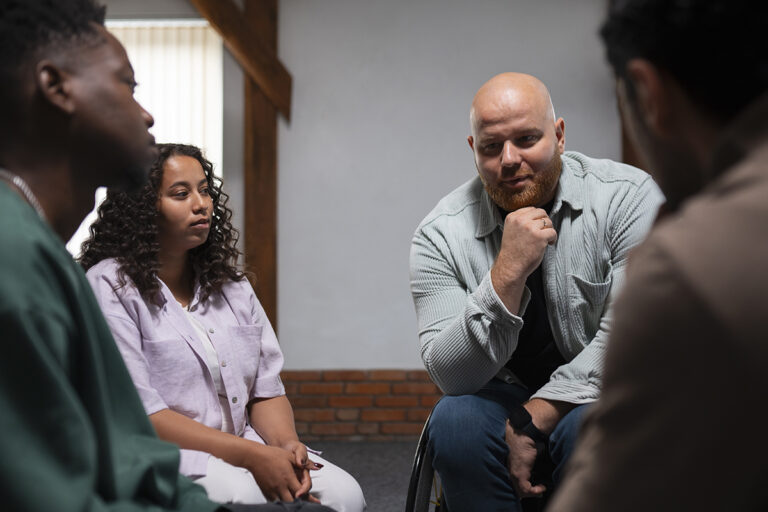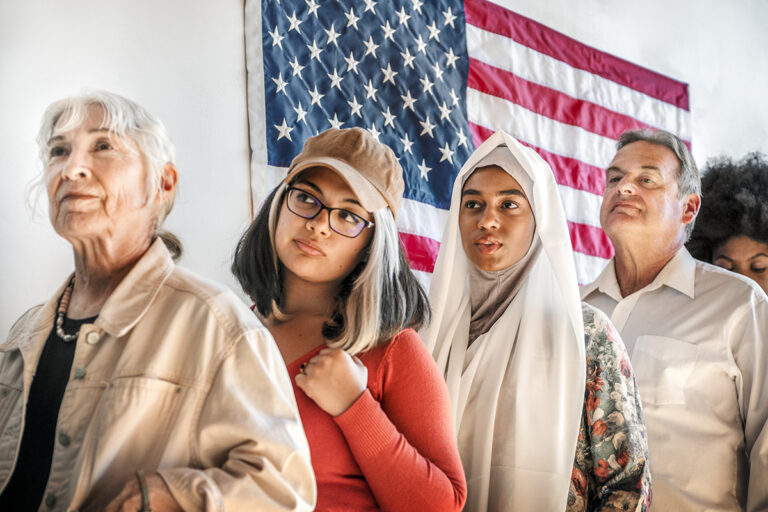Understanding Financial Assistance and Public Benefits in the U.S.: A Guide for Immigrants
Starting life in a new country can bring financial challenges. To support individuals and families, the U.S. government offers several programs that provide food, housing, health care, and income assistance. These programs are known as public benefits. While eligibility varies based on immigration status, income, and household size, many immigrants—especially those with children or legal residency—may qualify. This article provides an overview of the main financial assistance programs in the U.S. and how immigrants can access them legally and responsibly.
1. SNAP (Supplemental Nutrition Assistance Program)
SNAP, also known as food stamps, helps low-income families buy groceries. The program provides a monthly allowance on an EBT card, which works like a debit card. U.S. citizens and many lawfully present immigrants may qualify. Undocumented immigrants are not eligible, but their U.S.-born children may be. Applying for SNAP for eligible family members will not affect your immigration status.
2. WIC (Women, Infants, and Children Program)
WIC provides healthy food, nutrition education, breastfeeding support, and referrals to health services for pregnant women, new mothers, and children under age 5. WIC is available to U.S. citizens and many immigrants, regardless of immigration status. It does not count as a public charge and is safe to use for those concerned about their future immigration applications.
3. Medicaid and CHIP
Medicaid offers free or low-cost health insurance to low-income individuals, while CHIP (Children’s Health Insurance Program) covers children in families that earn too much to qualify for Medicaid but still need help. Eligibility for immigrants depends on status and state policy. Some states offer coverage to lawfully present immigrants or emergency Medicaid for those with urgent needs.
4. Housing Assistance
The U.S. Department of Housing and Urban Development (HUD) offers programs such as public housing, Section 8 vouchers, and rental assistance. Eligibility is limited to citizens and certain qualifying immigrants. However, mixed-status families (where some members are citizens) may still receive partial assistance. Local housing authorities can explain your options.
5. TANF (Temporary Assistance for Needy Families)
TANF provides monthly cash assistance to families with children facing financial hardship. It also supports job training and education. Eligibility is limited and varies by state. Lawful permanent residents and certain other immigrants may qualify after a waiting period. TANF is time-limited and often linked to work requirements.
6. School Meal Programs
Children in public schools may receive free or reduced-price breakfast and lunch based on household income. These programs are open to all students regardless of immigration status and do not require a Social Security Number. They ensure that children can focus on learning without being hungry.
7. How to Apply for Benefits
You can apply for benefits through your state’s public assistance office, often online or in person. You will need to provide documents such as proof of income, residency, ID, and immigration status. Many nonprofits and legal aid centers offer free help with applications and can answer questions about eligibility and risks. Be honest in all applications to avoid legal issues.
8. Public Charge and Immigration Impacts
Some immigrants worry that using public benefits may harm their chances of becoming a permanent resident. However, most programs like WIC, school meals, and emergency Medicaid do not count against you. The public charge rule has changed in recent years, so always check the latest guidance or speak to an immigration lawyer. Getting help for your children or your health is not something to fear.
Conclusion
Public benefits in the U.S. exist to support families in need—including immigrants who are building new lives. By understanding what assistance is available and how to apply properly, you can get the help you need without fear or confusion. Financial security leads to better health, education, and opportunity for you and your loved ones. Knowledge is the first step to empowerment.




